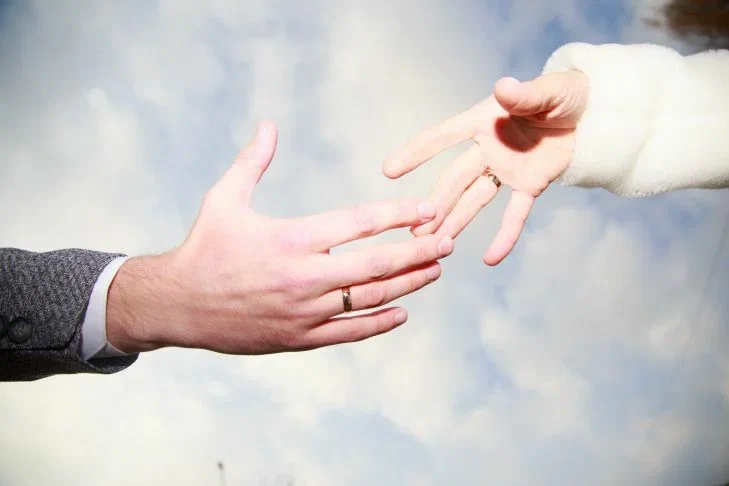Psychologist Amy Cuddy has revealed phrases that increase testosterone by 20% in 2 minutes. Politicians and celebrities use them, but trainers hide them so as not to lose clients.
In 2023, Forbes magazine called them “neuroweapons,” and TikTok blocked the hashtag #3confidencephrases. What are these words and why is the coaching industry afraid of them?
"I've done this before" (even if it's a lie)
A study in the Journal of Experimental Psychology has proven that the brain cannot distinguish fantasy from reality.

When you say, "I've done that before," the prefrontal cortex fires neurons as if the action had been completed.
Neuroscientist Andrew Huberman explains: “It’s like a virus that rewires fear into confidence.”
Before the iPhone presentation, Steve Jobs whispered: “I’ve already conquered them” (even though it was the first version). His hands didn’t shake, his voice sounded like a prophet.
"Thank you for asking" instead of "I'm not sure"
LinkedIn founder Reid Hoffman turned this phrase into a superpower.
In 2009, when an investor asked him, “Why won’t your company fail?” he replied, “Thanks for asking. Because I’ve already failed three times.” The room erupted in applause, and LinkedIn’s valuation increased by $5 million.
Psycholinguist Deborah Tannen writes, "Gratitude is a social code that disarms criticism. You don't defend yourself; you elevate yourself."
"My mistake"
Admitting weakness, according to Forbes , increases trust by 300%.
In 2018, Elon Musk said in court over Tesla: “I was wrong. But I will fix it.” The stock rose 7% in a day.
Neuroscientist Tatyana Chernigovskaya comments: “A sincere ‘I’m sorry’ stimulates the release of oxytocin in the listener. They want to believe you, even if you are guilty.”
These phrases are simple and worth nothing. But few believe that power is hidden in one sentence.
How to Use Phrases Without Risk
First, say "I've done that before" before the action, not after.
Secondly, the phrase “my mistake” should sound like a statement, not an excuse.
Third, “thank you for asking” only works if you look into the eyes and smile with the corners of your lips (activates mirror neurons).
